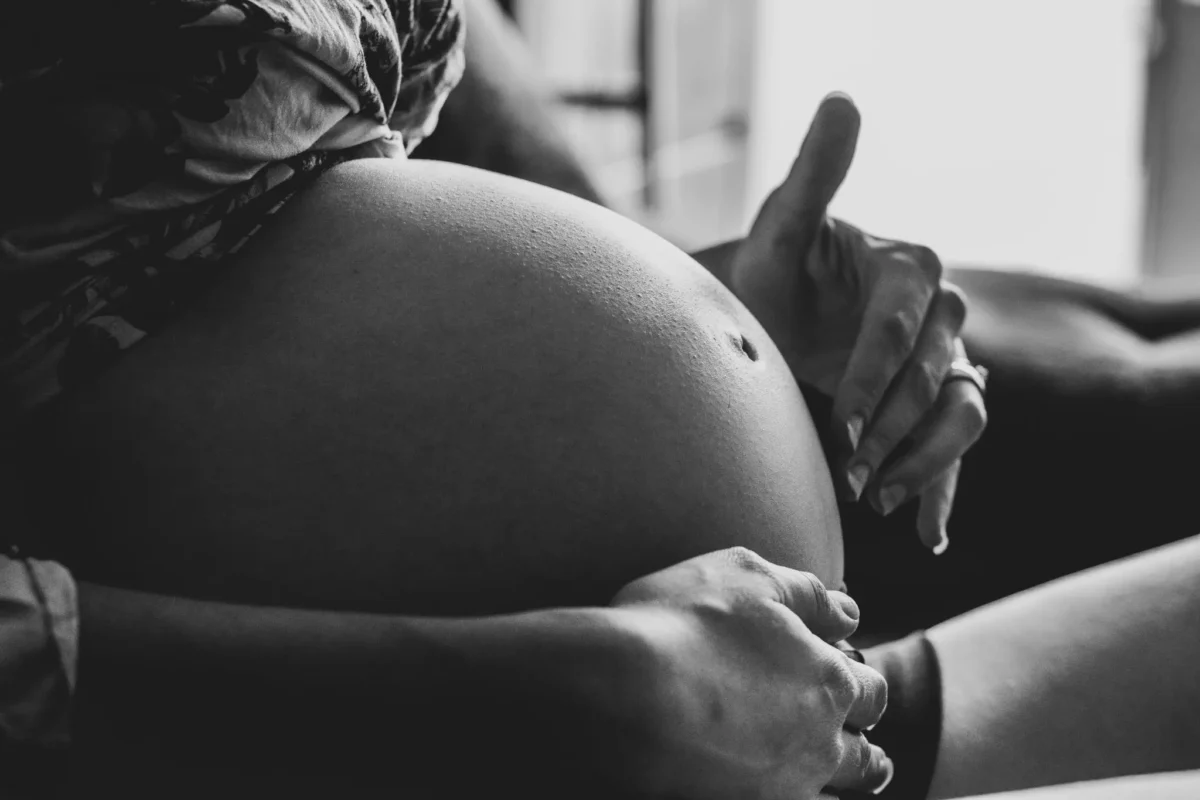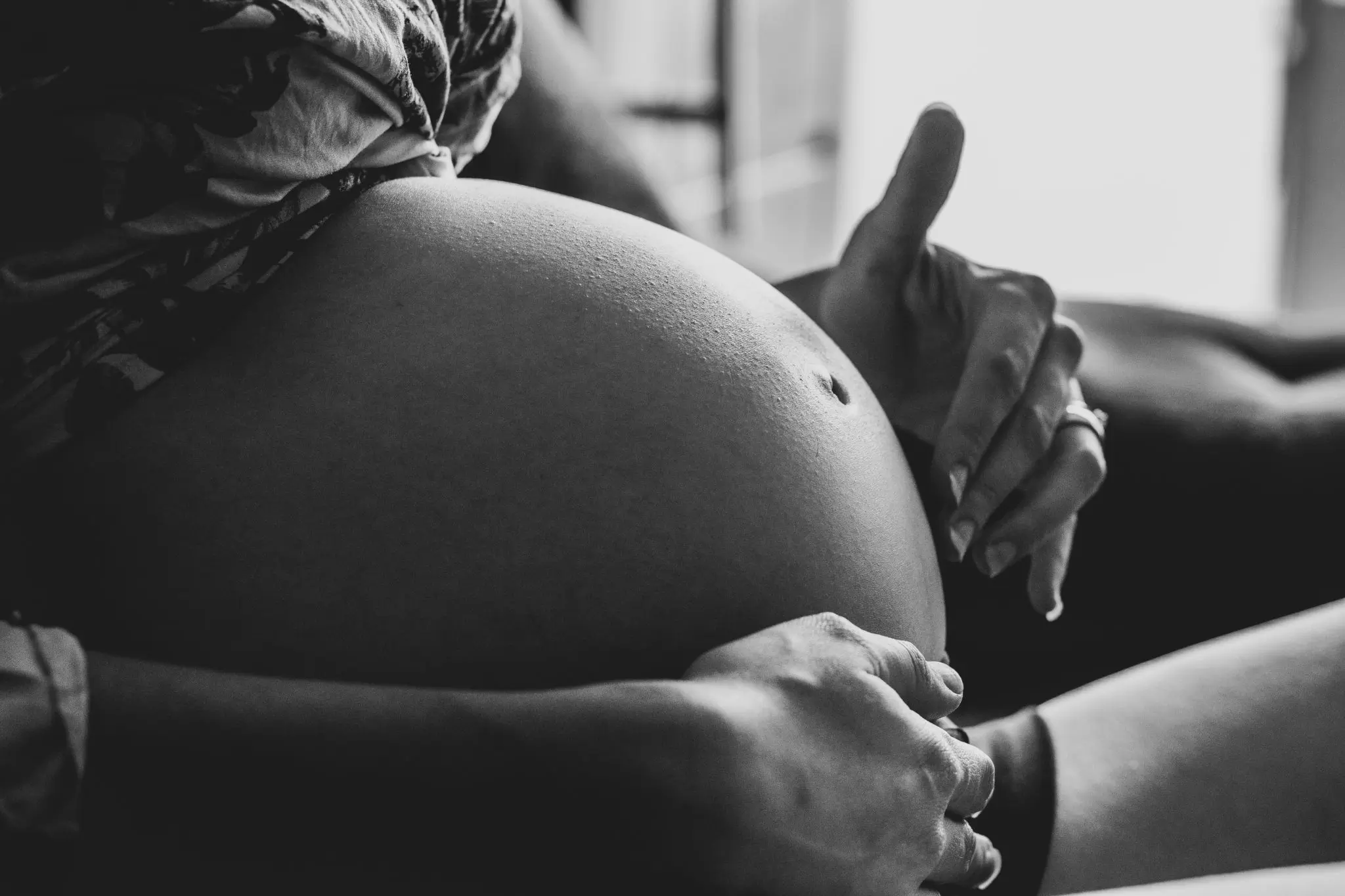Birth is a life-changing experience but contemporary medical approaches have too often focused on what could go wrong, resulting in an emphasis on clinical intervention. COST Action ‘Building Intrapartum Research Through Health – an interdisciplinary whole system approach to understanding and contextualising physiological labour and birth (BIRTH)’ took a different perspective and launched a multidisciplinary, whole-system approach centred on the positive wellbeing of the mother and baby. The Action has had a major and continuing impact on attitudes to healthcare during childbirth and PLOS has recently published a special collection of papers on the work.
Optimising maternal and infant health is critical to the well-being of society and reducing deaths during childbirth and related complications is a primary concern for most governments. However, this focus on potential difficulties has produced a culture that has increased the likelihood of clinical interventions during pregnancy and birth with unexpected adverse clinical consequences and increasing costs for health care.
“Our overall proposition for the COST Action was to look at birth from a positive perspective; taking a complex and adaptive approach rather than reacting only to what goes wrong,” says Prof Soo Downe of the University of Central Lancashire, who chaired BIRTH. “We wanted to examine what goes right in childbirth and the interactive phenomena that support positive outcomes.”
The prior scientific focus on understanding pathologies of pregnancy and childbirth had led to a lack of understanding of the range and limits of normal childbirth physiology in different populations, individuals, and contexts. The BIRTH Action took a whole-systems perspective and used a realist research framework of “what works, for whom, in what circumstances”.
Ongoing story
The COST Action was launched in 2014 and eventually brought together over 120 researchers, medical professionals and policy makers from 34 countries working on aspects of childbirth from biomedicine and biomechanics to socio-cultural, organisational and neuro-psycho-social perspectives.
The wide-ranging scope of the Action in an area of great clinical and social importance has now been presented in a special collection of papers published by PLOS in August 2020. The six papers illustrate the transformative research that was conducted by the Action and has attracted a huge amount of social media interest.
Although the Action closed in 2018, the network established under BIRTH continues its work together. This includes the ‘Babies Born Better’ survey project that collects the view and experiences of women who have given birth. “The Babies Born better project was very much catalysed by the BIRTH Action,” says Soo. “And it is now being extended in its latest survey to track experiences before, during and after the COVID pandemic.”
“BIRTH has definitely been a big catalyser with many local perspectives and impacts,” adds Dr Ramon Escuriet of the Universitat Ramon Llull in Barcelona and Vice Chair of the Action. “In Barcelona there has been a direct impact on how we approach childbirth from a healthcare perspective. The first public birth centre in Spain opened in Catalonia and a second will start work in 2021. Many other people have embraced our philosophy and this movement started with the COST Action.”
“Two current COST Actions are being led by people involved in the BIRTH Action, so the work is being continuing under COST too and making a real difference,” concludes Soo.

